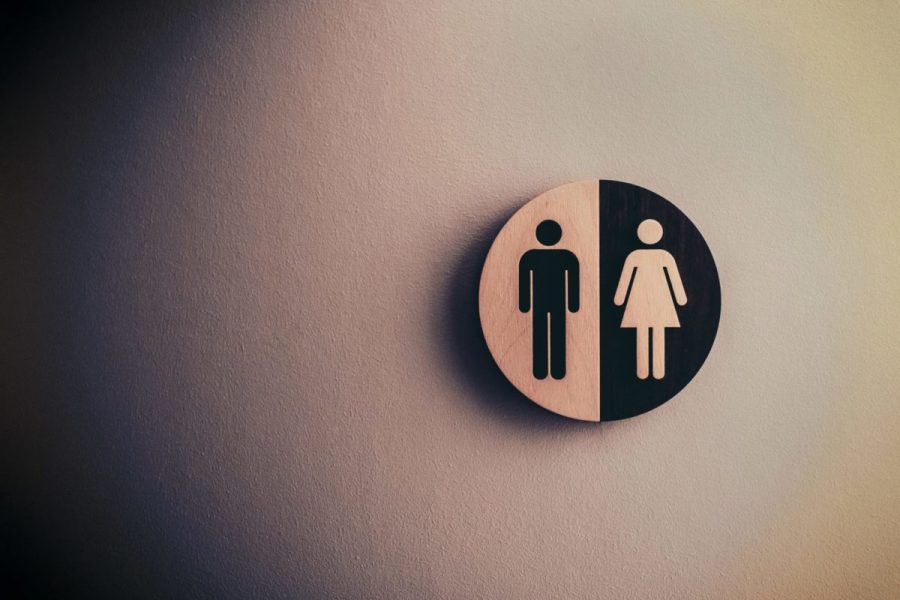Gender studies have often been regarded as a topic of ridicule and disdain. Is it really as bad as the public claims? Let’s have a look.
What are gender studies?
The question many people want to ask is this: What on earth do students actually learn and what career prospects can they have if they receive a degree in that field? Gender Studies is a very broad subject area. It encompasses everything from feminism to transgender theory.
Students take courses from all different areas: biology, anthropology, women’s studies, sociology, psychology, religious studies, ethnic studies, etc. The things you learn in Gender Studies classes are extremely varied and depend on the program and the focus you have.
According to Edx.org, it increases learners’ knowledge and critical thinking skills related to diversity, human rights, and social justice and injustice.
The problem here lies in the fact that there is little to no proof of the course’s effectiveness.

What is a Gender Studies degree?
The difficulties of a Gender Studies degree lies in the fact that it is just like any philosophy-oriented major. It won’t have many uses unless paired with a more relevant degree from a job market perspective. Just like many studies in Humanities, prospective job offers are few.
What do people actually study in women’s and gender studies?
According to some professors and lecturers, this field is quite broad. It includes women’s studies, men’s studies, and LGBT studies. Sometimes, gender studies are offered together with the study of sexuality. And it also includes the fields of literature, language, history, political science, sociology, anthropology, cinema, media studies, human development, law, and medicine. It also analyzes race, ethnicity, location, nationality, and disability.
Although there is still some skepticism around the specifics of these different courses. And we could not analyze a more in-depth study of the course itself. In this absence, it is incredibly hard to grasp the practicality of this course. And this is the source of a lot of problems.
Many people could not understand the course’s significance. And this opened the debate for skepticism and hate. Especially when considering the amount some universities charge for a gender studies degree.
For example, Pace University charges a tuition fee of more than 44,000 US dollars. Which is an insane amount! This is perhaps the first piece of advice for any student. Avoid gender studies course in the most expensive universities or colleges. It will be difficult to pay it off!

A fee like this would definitely make several parents go berserk. Especially when they are investing in their children’s choice of higher education. And to think of all the years spent in lecture rooms, one has to be very careful in terms of ROI. Will the degree pay off in the future? The answer is ambiguous and the process is arduous. So from this perspective, gender studies can be a bad choice. But the debate goes on.

So is gender studies inherently bad?
It depends on how we look at it, how much are we willing to pay, and what skills we are hoping to build.
However, the relatively few students who study something that may seem impractical, such as women’s studies or art history, went to more elite schools, and so are more likely to have better networks and job opportunities regardless of major.
Their employers may also be more likely to view the critical thinking, rhetorical and writing skills honed in many humanities and social-sciences courses as quite valuable in the workplace, too.
Gender Studies is viewed unfavorably by anyone with right-wing, moderate leftist political views. It is mostly the far left that gives the field a lot more credit and credibility. This discipline examines the ways in which historical, cultural, and social events shape the role of gender in different societies.
The field of gender studies, while focusing on the differences between men and women, also looks at sexual differences and less binary definitions of gender categorization.

Where can you get a job with a gender studies degree?
While the opportunities are broad, this degree is insufficient in many areas and would require a second degree to fortify a job applicant’s profile. But with the right connections and additional work experience deemed necessary for an applicant, this degree might play out its cards right.
However, for those who get a job, it is usually in the following fields:
- Faculty lecturers in the fields of sociology and anthropology,
- Cataloguing Assistant,
- Programme Officer,
- Editorial Intern,
- Public Relations (PR) Executive,
- Education in Emergency Coordinator,
- Senior Teaching Fellow,
- Gender Consultant and Researcher,
- Social Media Assistant,
- Policy and Programs Intern
For example, employers are mostly in the fields of research, NGOs or charity groups: Amnesty International, United Nations, The Institute of Ismaili Studies, Change Management Group, The Media Imagine, Various Universities, Euromet Feminist Initiative, Women Living Under Muslim Laws (WLUML), World Learning.
Conclusion
The practicality of gender studies is questionable when looking at the job market. There are dozens of other courses for similar career paths making gender studies less and less significant, the more we look at it. The course itself might prove useful in a narrow study, but it must be accompanied by another, either master’s or top-up degree, to fortify its value.
A gender studies degree by itself is insufficient in many of today’s job markets but it is not the worst choice if the course is affordable and the student is well connected in a specific field.

1 comment
Hi there, just wanted to tell you, I loved this blog post.
It was funny. Keep on posting!